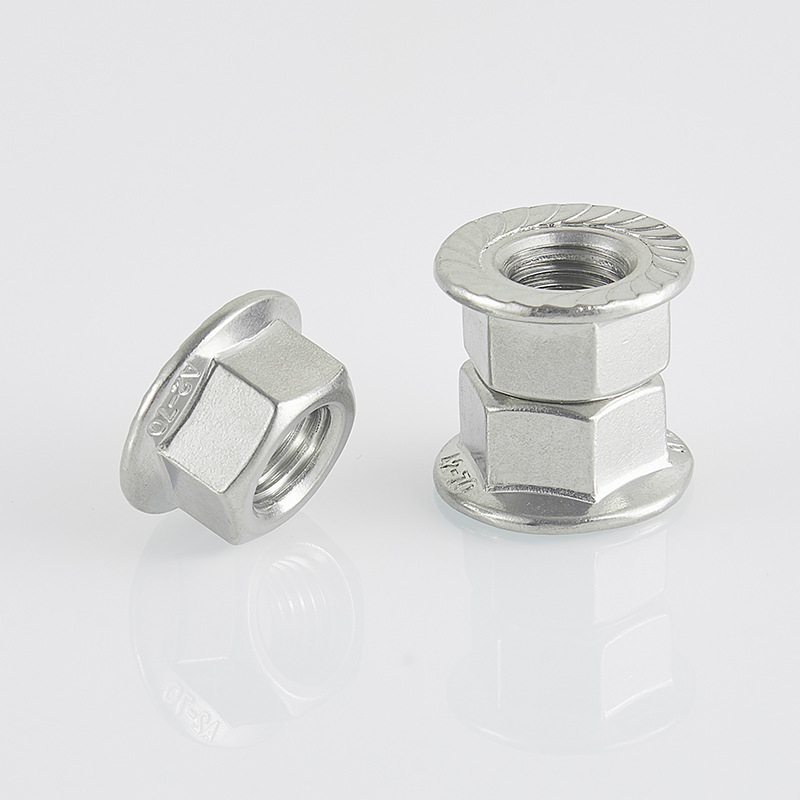

lock nut
Okt . 21, 2024 17:13 Back to list
lock nut
Understanding Lock Nuts Essential Components in Mechanical Engineering
Lock nuts play an indispensable role in mechanical engineering and assembly processes, providing a robust solution for preventing the loosening of bolts and screws under various conditions. These specially designed nuts, known for their ability to resist vibration and movement, are crucial in a wide range of applications across numerous industries, including automotive, aerospace, and construction.
Lock nuts are typically used in conjunction with a standard nut. Their primary function is to secure a bolt or screw in place, ensuring that it does not detach or become loose over time due to vibrations or external forces. The necessity of lock nuts arises from the fact that vibrations occur in nearly all machinery, which can lead to fastener loosening and potentially catastrophic failures if not addressed.
There are several types of lock nuts, each engineered for specific applications and requirements. One of the most common types is the nylon-insert lock nut, which incorporates a nylon collar that grips the bolt threads when the nut is tightened. This added friction significantly reduces the chance of loosening, making it ideal for applications where vibrations are common.
lock nut

Another popular variant is the all-metal lock nut, which is made from a single piece of metal and is designed to withstand high temperatures and harsh environments
. This type of lock nut is especially valuable in industries such as aerospace, where components must perform reliably even under extreme conditions.Then there are the prevailing torque lock nuts, which are designed to exert a specific amount of resistance when being turned. This torque requirement ensures that the nut remains tight once installed, offering a reliable solution for high-stress applications.
The application of lock nuts is not just limited to heavy machinery. They are also prevalent in consumer products, automotive components, and even household items. For example, you might find lock nuts securing the wheels of a car or in the assembly of furniture, where stability is key for safety and durability.
In summary, lock nuts are a vital component in ensuring the integrity and safety of numerous mechanical systems. Their ability to prevent loosening, without the need for adhesives or additional locking mechanisms, makes them a preferred choice for engineers and manufacturers alike. As technology evolves and machines become even more complex, the role of lock nuts will likely continue to expand, underscoring their importance in modern engineering practices. Employing the appropriate type of lock nut for a specific application is essential for optimal performance, reliability, and safety in any mechanical system.
Latest news
-
Hot Dip Galvanized Bolts-About LongZe|High Strength, Corrosion Resistance
NewsJul.30,2025
-
High-Strength Hot Dip Galvanized Bolts - Hebei Longze | Corrosion Resistance, Customization
NewsJul.30,2025
-
Hot Dip Galvanized Bolts-Hebei Longze|Corrosion Resistance&High Strength
NewsJul.30,2025
-
High-Strength Hot-Dip Galvanized Bolts-Hebei Longze|Corrosion Resistance&High Strength
NewsJul.30,2025
-
Hot Dip Galvanized Bolts-Hebei Longze|Corrosion Resistance&High Strength
NewsJul.30,2025
-
Hot Dip Galvanized Bolts - Hebei Longze | Corrosion Resistance, High Strength
NewsJul.30,2025

